
Nokia takes a weak stab at iPhone 5 with latest Lumia 920 ad
Is the iPhone 5 a victim of its own success? After Samsung posted a new video ad from its "The Next Big Thing is Already Here" campaign, the former largest smartphone manufacturer, Nokia tries to pull the same trick with its latest video, marketing the company's first Windows Phone 8 smartphone, the Lumia 920.
Named "Nokia Lumia 920 - Time to #switch," the cartoon-like ad portrays iPhone 5 future owners queuing to purchase the latest smartphone bearing the fruit company logo, which is similar to the Korean manufacturer's approach, yet unlike Samsung, who played the better featured/already have it card, Nokia uses colors trying to market its own product against the iPhone 5. Is color differentiation going to have an impact on Windows Phone and Nokia's fate in a market that has consolidated around Apple and Android smartphones?
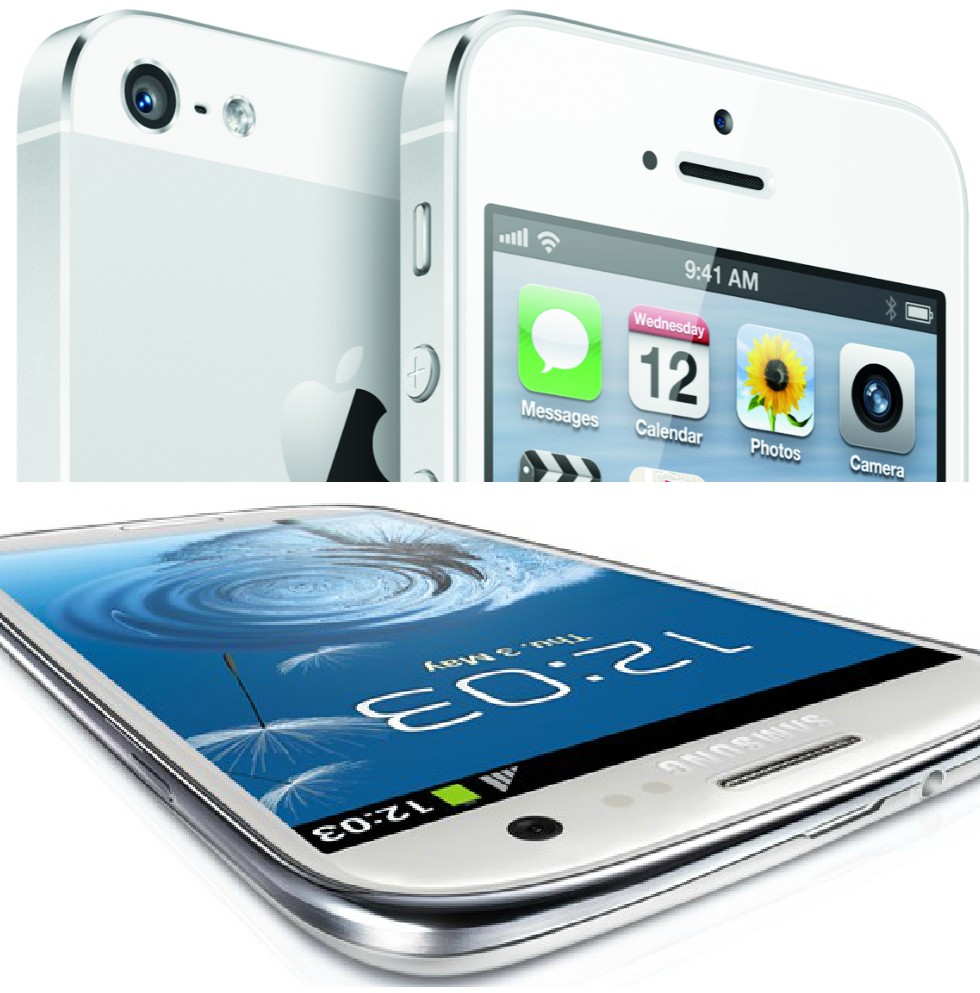
US smartphone market consolidates around Android, iPhone
In a move appropriate for another two-party presidential election season, there is now little room for three dominant smartphone operating systems. The US market is now decisively consolidated around just two, Apple and Google platforms, as rivals -- including BlackBerry and Windows Phone -- make brisk retreats.
For the three months ended in August, Android and iOS had combined 86.9 percent smartphone subscriber share -- that's up from 82.8 percent at the end of May, according to comScore. August 2011: 71 percent. As combined share approaches 90 percent, a third-party contender looks less likely. Both potential candidates lost share during the three months, all gobbled up by the leaders.

Why would Microsoft limit the Windows Phone 8 Preview Program SDK?
Microsoft's plan to only let a few key developers into the Windows Phone 8 Preview Program SDK, understandably upsets many developers. For a plaform with only about 3 percent market share, Microsoft needs all the supporters it can get, or so the presumption goes.
Why lock out most of the people needed to develop apps that take advantage of your new platform? I think there could be two possible answers: (1) a new marketplace strategy based on the quality of apps, and (2) major unannounced features.
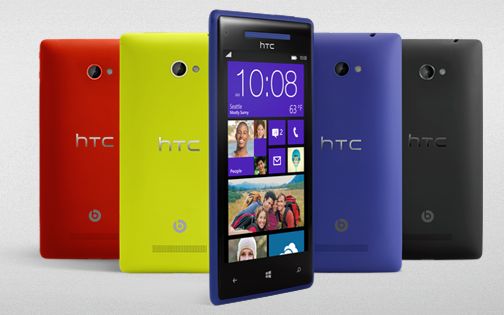
HTC's new Windows Phone 8 smartphones mimic Microsoft's tile interface
Wednesday, longtime Windows smartphone maker HTC debuted two new flagship Windows Phone devices which were designed to showcase Microsoft's latest mobile OS Windows Phone 8. The new smartphones, called the Windows Phone 8X and 8S, carry the same bright external colors of Nokia's Lumia series Windows Phones, but use HTC's technology and design prowess to make the devices stand out on their own.
Similar to the HTC One X in the speed and power department (dual-core 1.5GHz processor, 1 GB RAM, 8 megapixel camera), the Windows Phone 8X has a 4.3-inch Super LCD 2 display with Corning's Gorilla Glass 2, 16 GB of internal storage, and an improved 2.1 megapixel forward-facing camera with 1080p video capture and an 88 degree wide-angle lens.

Windows 8 won’t save ailing companies from disaster
We all know that Microsoft is taking a hell of a gamble with its new operating system. If Windows 8 fails, as many are suggesting it will, that would be a major blow to the Redmond, Wash.-based company. Microsoft is staking pretty much everything on Windows 8 and trusting that ubiquity -- placing the OS on desktop systems, tablets, and mobile phones -- will be enough to persuade people to give it a chance.
The problem: Microsoft isn't just risking its own business. With the traditional PC market stagnating, faltering companies like Dell and HP (which both reported large drops in revenue recently -- HP’s losses being the worst in its 73-year history) need a way of boosting their dwindling PC sales. In previous years, the arrival of a new operating system would have done exactly that. When Windows 7 launched, for example, sales of new computers jumped 40 percent in the first week alone. While PC sales will undoubtedly still increase following Windows 8’s launch, it’s unlikely we’ll see such a big jump as last time around. Partly because many of those relatively recent upgraders will be happy to stick with what they’ve got, and partly because Windows 8 runs better on lower-specced systems than its predecessor does anyway. For those reasons alone it’s unlikely that this version of Windows will drive hardware sales in the same way that previous ones did.
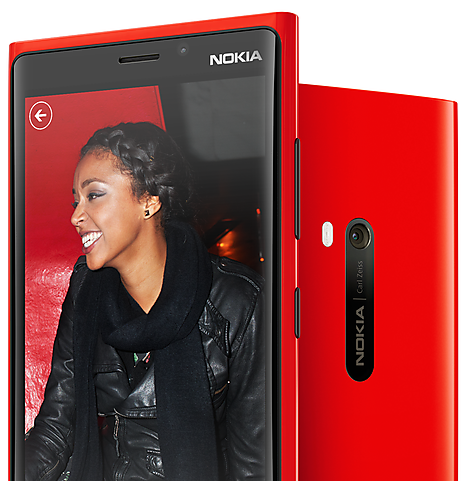
Will you buy Nokia Lumia 920 Windows Phone?
Nokia's fortunes and the future of Windows Phone tie to one device: Lumia 920 running Windows Phone 8. The Finnish handset maker revealed the smartphone yesterday in a joint announcement with Microsoft. This is the Windows phone you waited for, or did you? Perhaps you already gave up and bought Android or iPhone. What I want to know on this sunny September day: Will you buy Lumia 920? If so, when -- and why? If not, why not?
Nokia and Microsoft need Lumia 920 and sibling 820 to succeed. Once the global phone leader, Nokia is now second to Samsung. During Q2, Nokia's global sales share fell to 19.9 percent from 22.8 percent a year earlier, according to Gartner. Meanwhile Microsoft's mobile platform share rose to 2.7 percent from 1.6 percent. But that's behind Samsung's Bada. Combined, Android and iOS have 82.9 percent share, forming a near impenetrable barrier of the likes Microsoft has never seen. Like Windows on PCs, Android and iOS command a broad ecosystem of applications, peripherals, developers, retailers and other services or providers.
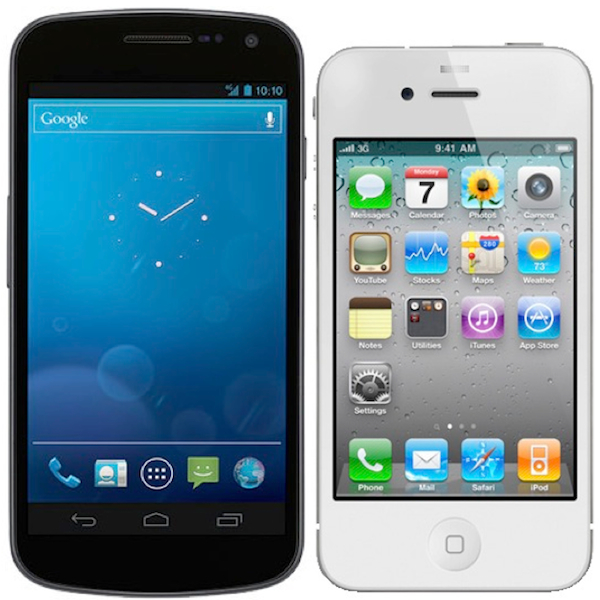
Android and iOS shut out Windows Phone, BlackBerry
For the three months ending in July, Android and iOS combined US smartphone subscriber share reached 85.6 percent, according to comScore. That's 3.4 percentage points higher than April. Meanwhile, Research in Motion and Microsoft mobile platforms receded to 9.5 percent and 3.6 percent share from 11.6 percent and 4 percent, respectively. While comScore combines defunct Windows Mobile and Windows Phone, we henceforth refer to both using the latter name.
The smartphone market clearly consolidates around Android and iOS, leaving even less share for Windows Phone or BlackBerry. Android and iOS will soon face the new batch of Windows Phone 8 handsets, including the Nokia Lumia 920 announced today. However, as it stands now, Microsoft's mobile operating system has plenty of ground to cover to even count as a worthy adversary to the two major platforms.
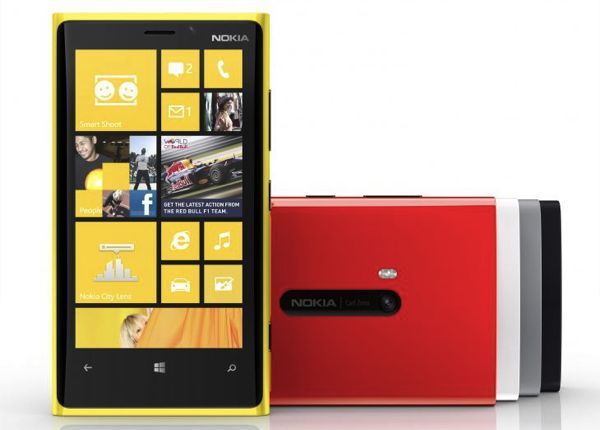
Meet Nokia Lumia 920 Windows Phone
Finnish mobile phone maker Nokia on Wednesday morning announced the latest smartphone in the Lumia family, the Nokia Lumia 920, which is the company's flagship Windows Phone 8 device. The device bears a strong physical resemblance to the previous Lumia flagship devices, but this time around, Nokia has innovated in design rather than simply overload with more powerful specs, and it showed off its innovations today by unveiling some exclusive new apps and capabilities.
The Lumia 920 has a 4.5" (1280 x 768) WXGA display, a 1.5 GHz dual-core Qualcomm Snapdragon S4 processor with 1GB of RAM, 32 GB of storage and an 8.7 Megapixel rear-facing camera/1.2 Megapixel forward facing camera combo, the internal specs are good, but not insane top-of-the-market specs like those provided by Android smartphone makers.
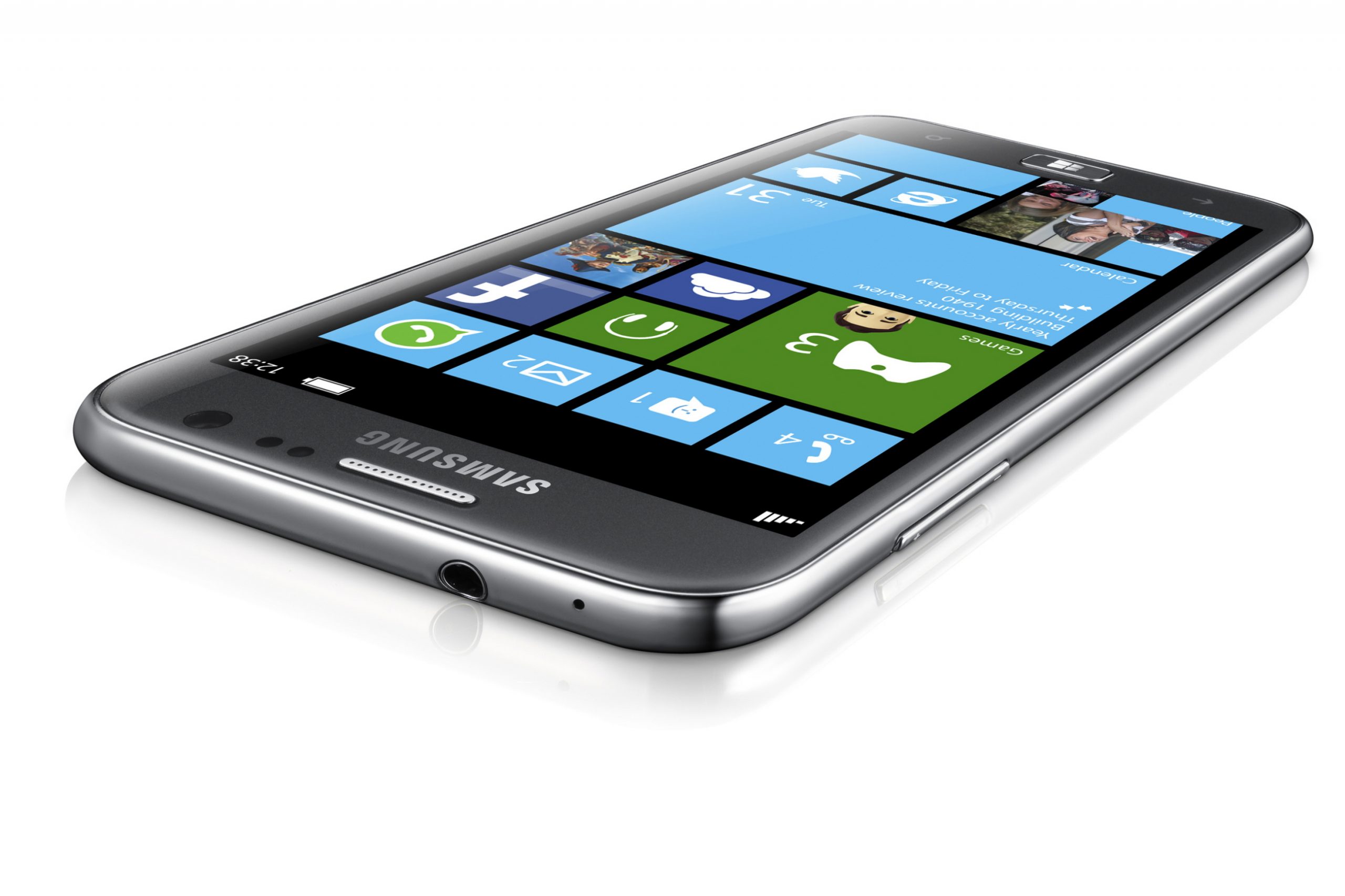
Windows Phone 8 is the best idea Microsoft has had in phone tech
Samsung's recently-announced Windows Phone 8 smartphone, the ATIV is oozing with power and modernity, and that is what the Windows Phone software needs to finally become a dominant platform.
A platform needs flagship devices --smartphones and tablets-- to showcase what it can do in front of (possibly) billions of people, and hardware-wise it doesn't get any better than Android and iOS devices displaying their inner strength, their performance. Android takes first place and iOS second in the smartphone charts, and they have halo devices to represent them. Windows Phone, meanwhile, has been a mere shadow behind the two flexing their muscles. The Samsung Galaxy S III best represents Android as much as the iPhone 4S best represents iOS, but what does Windows Phone 7.5 have to show? A single-core CPU with 512MB of RAM and a GPU that was news a few years ago? That doesn't cut it...
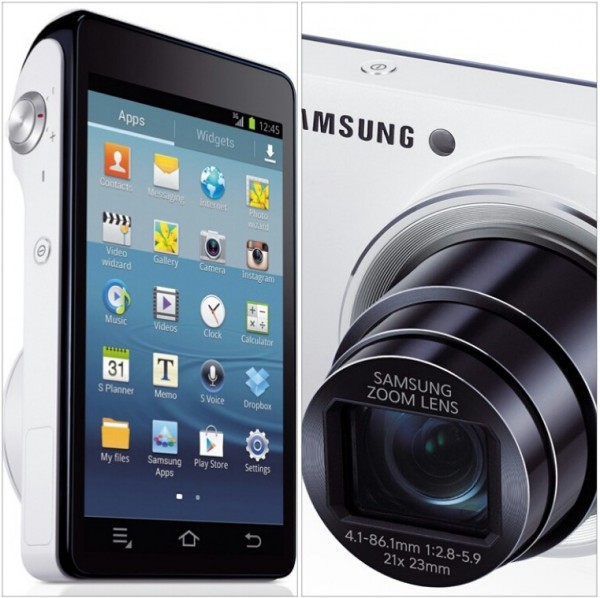
Samsung is such a copycat
Well, I must agree with the jury in the Apple-Samsung patent trial, after seeing the shocking look-a-likes the South Korean electronics giant announced yesterday during IFA Berlin. Have you seen these Apple rip-offs? Samsung simply is shameless in its copying.
For example, there's a new phone with large screen and stylus, as well as another with big zoom lens. The audacity of Samsung to take features from iPhone or iPad and offer them on its devices. The company just thumbs its nose -- or whatever gesture they use on the Asian peninsula -- at the American jury and US District Judge Lucy Koh.
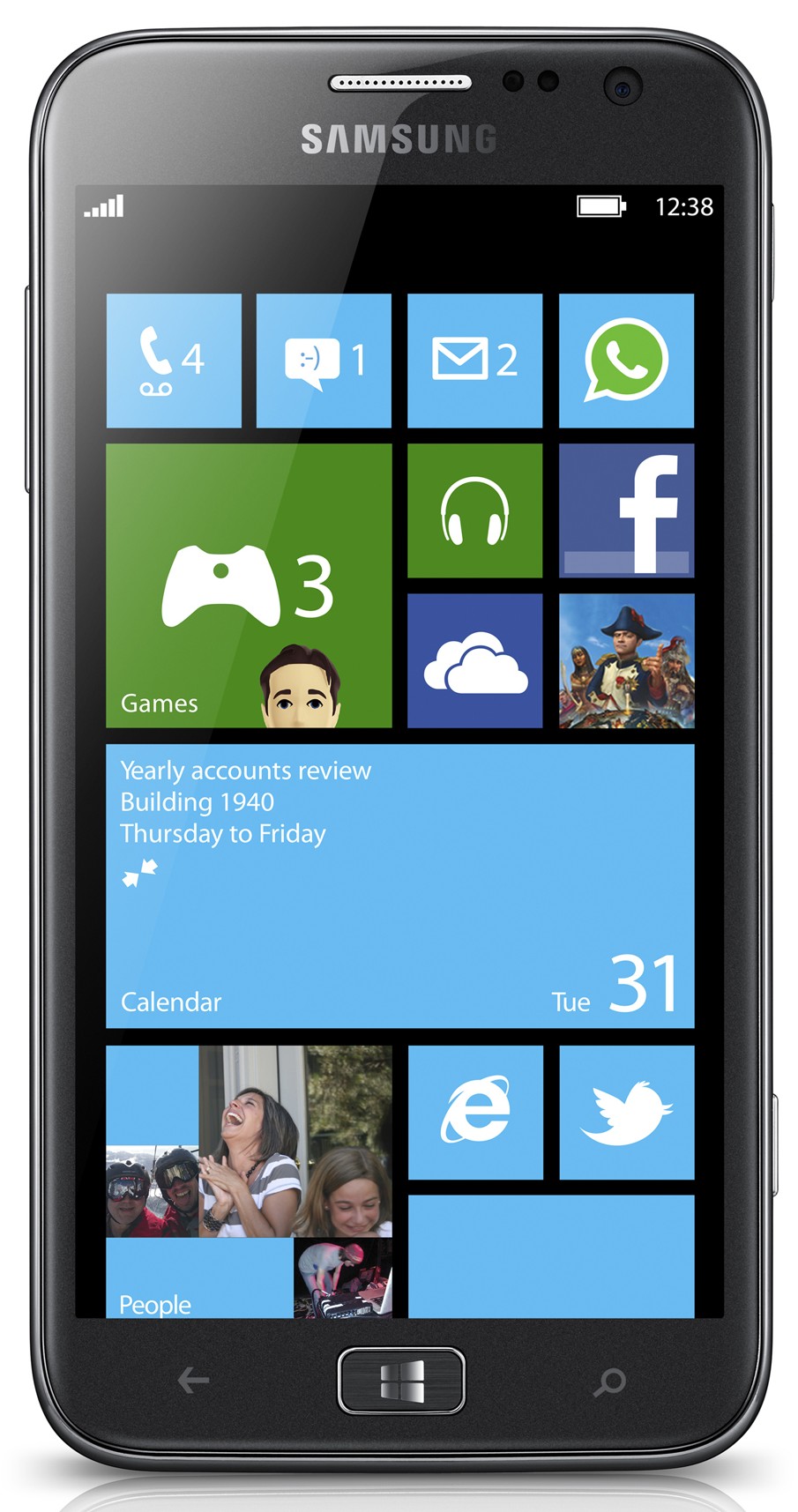
Samsung unveils Windows Phone 8 ATIV
Samsung made a string of new product announcements at IFA in Berlin, including of course the much anticipated Galaxy Note II. But just when we thought we knew everything the South Korean company had in store for us, it surprised the gathered watchers by unveiling the ATIV S, the first handset to run Microsoft’s new mobile operating system.
The ATIV (VITA - "Life" in Latin - backwards) is the first in a whole range of Samsung products based on Microsoft’s software, and boasts a 1.5 GHz dual-core processor and 4.8in (121.9mm) HD Super AMOLED display. It also has an 8-megapixel rear-facing camera and 1.9MP-megapixel front-facing camera, making it competitive, but not ground-breaking. The smartphone will be for sale at some point between October and November, in time for Christmas.
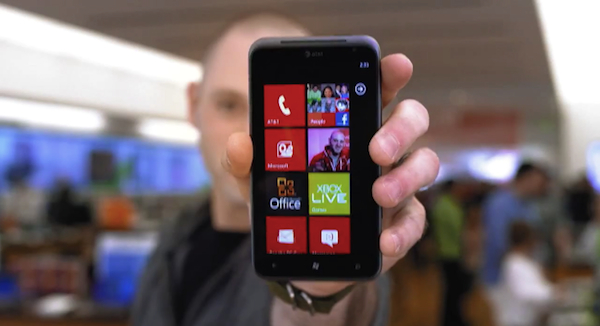
Microsoft launches the Windows Phone Development Center
Microsoft on Wednesday announced the opening of the Windows Phone Development Center. This is good news for Windows Phone Apps developers because they now have one location where they can submit apps and get SDKs. Since Microsoft has been engaged in the development of Windows Phone apps, the one area that may have been holding them back is a unified location to make the app development process easily available.
The new site is an evolution of the previous App Hub developer portal. The new site provides everything developers need to build, publish, and manage apps for Windows Phones around the world. After engaging in planning and attention along with developer feedback, it has new features to help make Windows Phone app development faster and more profitable.
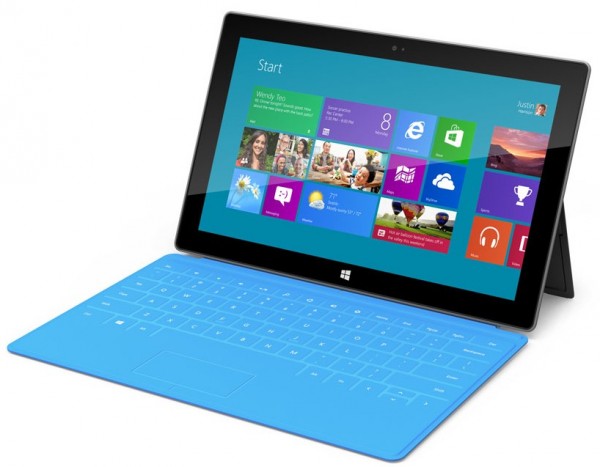
Microsoft makes its own hardware and software rules, and that’s a good thing
Acer CEO JT Wang has been quoted as saying Microsoft's Surface could have a negative impact on the Windows ecosystem, frustrate OEMs, and potentially have far-flung negative consequences. Why is there a problem when Microsoft wants to set a standard in both hardware and software? Windows Phone, Surface, and Signature represent a generational shift in Microsoft’s thinking related to operating systems, hardware, and the intended software experience. This is the Microsoft that should surface (no pun intended) from every interaction with one of their products, and who’s to say that’s not a good thing?
When Microsoft announced Surface, I immediately saw great potential for people like me who need advanced software to perform real tasks that require an intensive use of resources. But at the same time, Microsoft Surface gave a glimpse of what’s to come: Microsoft can actually make hardware to its own specifications and design. It is an approach that has been slowly coming to the front with Microsoft which began three years ago, before the debut of the first Windows Phone. Working closely with HTC, Microsoft could make sure the hardware performed in such a way that its software looked better.
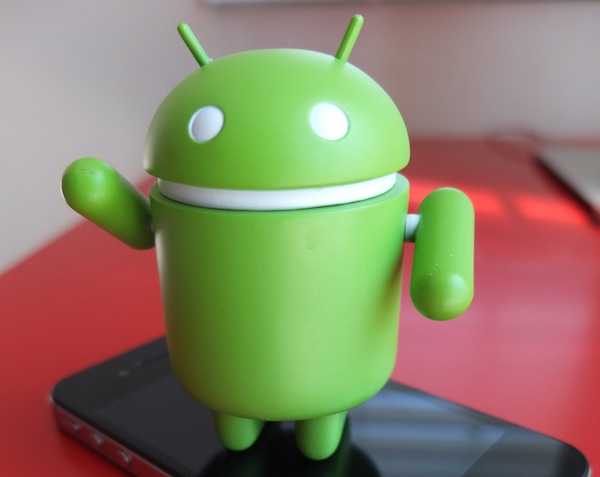
Android leads, iOS follows, Windows Phone shows surprising growth
Canalys released its latest report on the state of the smartphone market based on shipments in Q2 2012, and the results provided by the estimates are going to stir some emotions among Android and iOS fans. Android dominates the market with iOS following its lead, but not from up close.
Android, Google’s smartphone operating system, shipped in 107.8 million devices in Q2 2012, a 100.10 percent increase over Q2 2011 when Android smartphone shipments reached 51.2 million units. Shipments have more than doubled year over year, and at the same time the share in shipments increased as well. In Q2 2011, Android shipments accounted for 47.6 percent of the smartphone market, and in Q2 2012 they have grown to 68.1 percent which is a 43.06 percent increase over the same period last year.
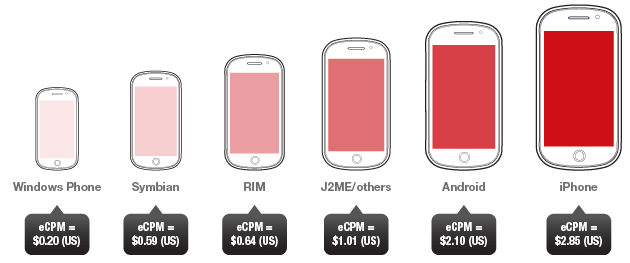
iOS is more profitable ad platform than Android, but for how long?
Ad network reports about mobile platforms are a dime a dozen. Many boast about iOS presence and the oodles of eyeballs. Opera has joined in, releasing their first State of Mobile Advertising report, which, for the second quarter of 2012, focuses on mobile advertising revenues. The browser maker puts all the big players -- Android, iOS, BlackBerry, Symbian and Windows Phone -- under the microscope.
Like other ad network reports, Opera's puts iOS at the top of the revenue food chain, with an average eCPM (effective cost per thousand impressions) of $2.85. iOS' main rival, Android, follows, with average eCPM of $2.10. On the tablets, iOS is even more profitable than on the smartphone market, with a $3.96 eCPM.
